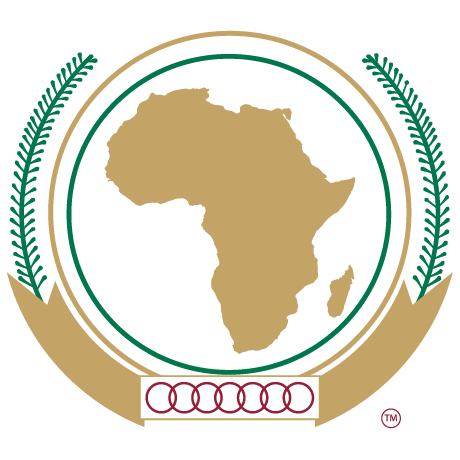Trade and Industrial Development

Agenda 2063 places great import in the role that trade plays in developing economies and recognises that trade is a powerful engine for economic growth and development. In Africa barriers to trade have resulted in a fragmented regional economy that has overtime positioned Africa’s role in the global trade market as fundamentally being a raw material (commodities) suppliers in exchange for manufactured goods, and rendering the continent’s share in global trade insignificant. The challenges arising from continually fluctuating commodities prices and Africa’s limited value addition to its natural resources renders Africa vulnerable to the external shocks derived from export dependency.
The Comprehensive African Agricultural Development Programme (CAADP) is one of the continental frameworks under Agenda 2063 and it aims to help African countries eliminate hunger and reduce poverty by raising economic growth through agriculture-led development as well as promoting increased national budget provision to the agriculture sector. Through CAADP, African governments are expected to increased investment level in agriculture by allocating at least 10% of national budgets to agriculture and rural development, and to achieve agricultural growth rates of at least 6% per annum. CAADP also sets targets for reducing poverty and malnutrition, for increasing productivity and farm incomes, and for improvements in the sustainability of agricultural production and use of natural resources. Through CAADP, the AU advocates for member states to place emphasis on African ownership and African leadership to set the agricultural agenda and the stage for agricultural change.
The AU is also leading the implementing of initiatives that will build the resilience of communities and ecosystems in the dry lands of Africa by combating land degradation, desertification, loss of bio-diversity and climate change through the promotion of Sustainable Land Management and Restoration. Under our Great Green Wall (GGW) initiative the AU is implementing actions to end or reverse land degradation, loss of biodiversity in African drylands and to ensure that ecosystems are resilient to climate change, continue to provide essential services and contribute to human well-being and the elimination of poverty and hunger. The GGW Initiative aims to support over 425 million Africans living in the drylands to embrace sustainable development practices that protect the environment and fight against hunger and poverty.
The Department of Rural Economy and Agriculture leads the efforts to promote agricultural development and sustainable environmental management as well as support the implementation CAADP, GGW and other sustainable agriculture programmes across the continent.





